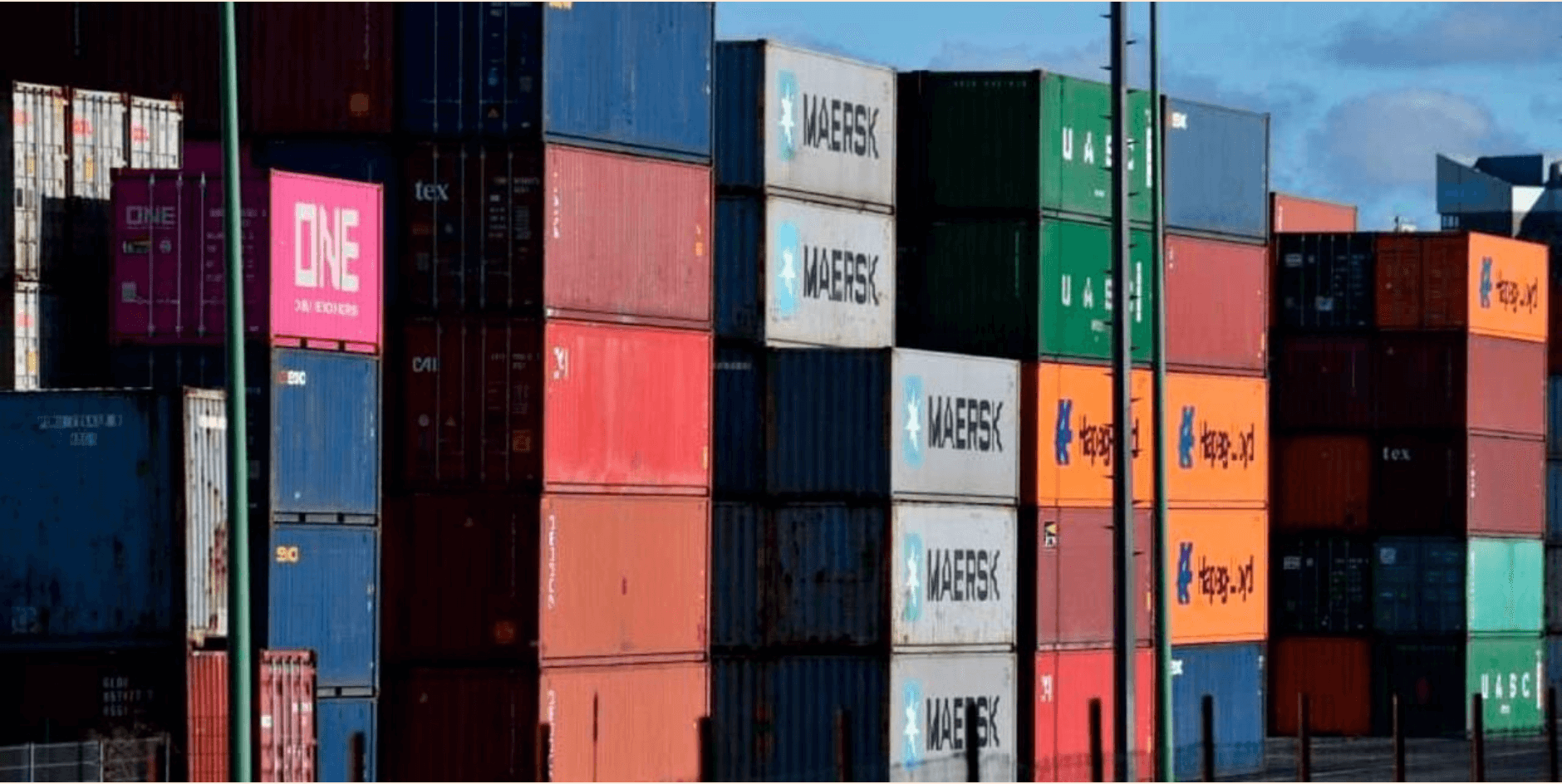
Our Projects are
Transforming African Trade
Quick Contacts
2nd Floor, Fidelity Insurance Centre Waiyaki Way, Westlands

In today’s interconnected global economy, Africa has tremendous potential for intra-continental trade. However, unlocking this potential goes beyond policies and trade agreements; it requires trust in the quality of products and services exchanged across borders. Accreditation builds this trust by ensuring competent testing solutions. Accreditation is the formal recognition, by an authoritative body like the Kenya Accreditation Service (KENAS) that an organisation such as a laboratory or certification body, meets internationally recognised standards. This recognition ensures accuracy and reliability, which are critical for businesses, consumers, and regulators.
KENAS is a partner in next month’s The All-Things Lab and Testing Expo and Dialogue (ATLT 2024), where key sectors will discuss, amongst other critical issues, how accredited testing facilitates trade and ensures public safety. Accreditation thus provides confidence that products and services meet quality and safety requirements. In global trade, unreliable testing can lead to product rejections, disputes, and economic losses.
By ensuring that products meet international safety and quality standards, accredited labs minimise risks for businesses and consumers alike. The success of the African Continental Free Trade Area (AfCFTA) depends on trust between countries. Reliable testing underpins that trust, allowing goods to flow across borders smoothly.
Read: Kenya to conduct tests on fish exports
Accredited labs ensure that products meet consistent standards, reducing the need for retesting and facilitating market access. For instance, agricultural products from Kenya must meet stringent safety standards in other African countries. Accredited testing ensures these products meet those standards, building confidence in cross-border trade. For businesses and policymakers, the decision to use accredited testing laboratories cannot be overstated. Accredited labs provide more than just results—they offer a seal of credibility and confidence. Here’s why: Reliability and Accuracy: Accredited labs must demonstrate their competence through stringent assessments and regular audits. This ensures that their test results are reliable, consistent, and based on recognised methodologies.
Global Recognition: Accreditation under internationally accepted standards, such as ISO/IEC 17025, means that results from accredited labs are accepted not only within Africa but across global markets reducing the need for retesting across borders. Market Access: Accredited testing allows businesses to tap into markets with stringent regulatory requirements. Many governments and industries around the world mandate the use of accredited labs, making accreditation a vital step for businesses looking to expand their reach. Conclusion
Accreditation is more than a technical requirement; it is a driver of economic growth. By embracing accredited testing solutions, African nations can build trust, reduce trade barriers, and accelerate intra-African trade, fostering a stronger, more integrated continent.
Dr Ongeti is the CEO of the Kenya Accreditation Service (KENAS)
Read original article
Disclaimer: The views and opinions expressed in this article are those of the authors and do not necessarily reflect the official policy or position of TradeMark Africa.